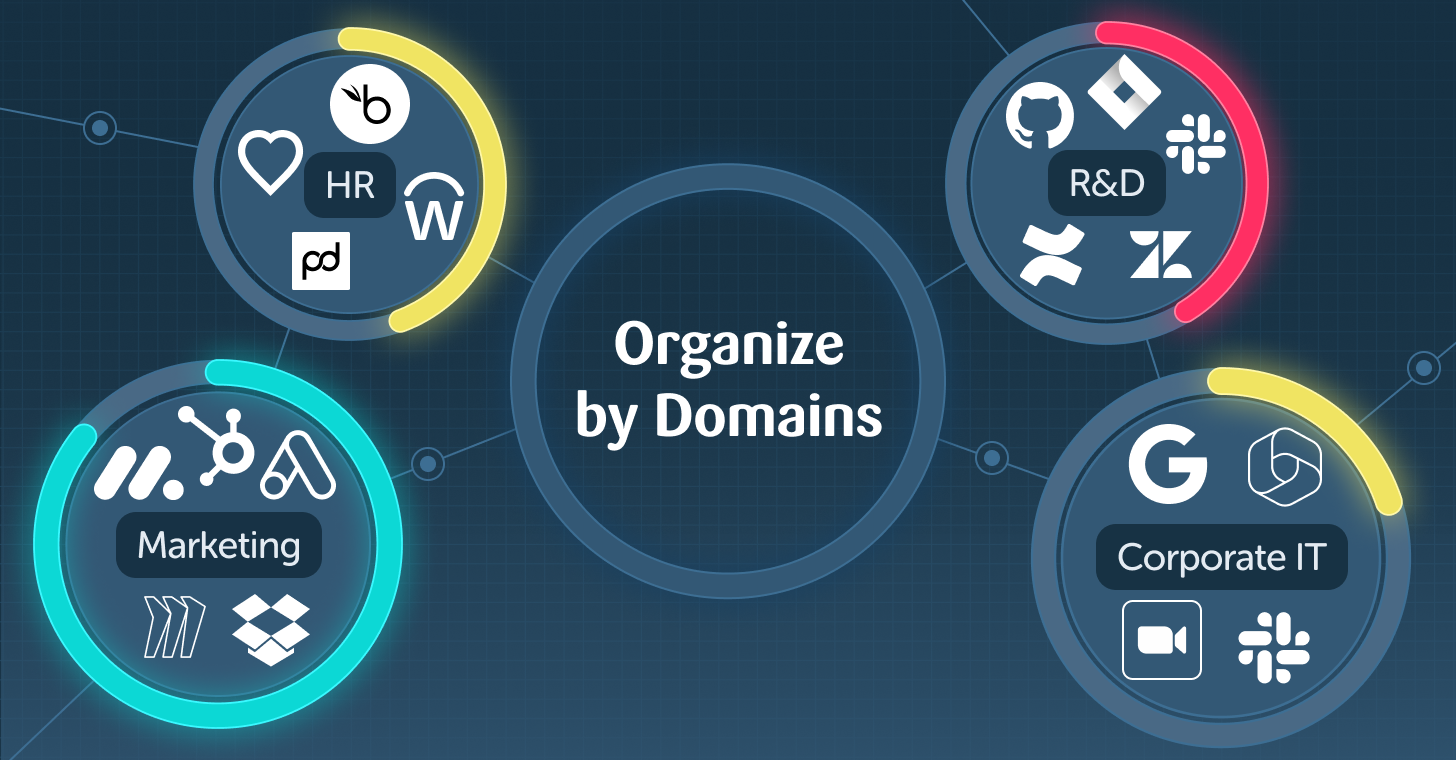In a recent cybersecurity event reported by Lawrence Abrams in Bleeping Computer and disclosed by the Microsoft Security Response Center, Microsoft found itself at the center of a cyber-attack. Nobelium, a Russian state-sponsored hacking group also known as APT29 and Midnight Blizzard, breached Microsoft corporate email accounts for over a month. The attack, which was discovered on January 12, underscores the need for enhanced cybersecurity measures, even for industry giants like Microsoft.
The Breach Unveiled
Microsoft disclosed that the breach was initiated in November 2023 when threat actors, identified as Nobelium, executed a password spray attack to compromise a legacy non-production “test” tenant account. A password spray attack involves attempting unauthorized access to multiple accounts by systematically testing a list of potential login names and passwords. Nobelium parlayed their access into the test account to access a small portion of Microsoft’s corporate email accounts for over a month, including those belonging to at least one member of their leadership team.
At this time, more detailed information on the breach is being withheld by Microsoft. However, the following suggestions are basic security recommendations based on the disclosed information.
Lessons Learned
1. MFA for All Accounts: A Non-Negotiable Security Measure
The breach highlights the critical importance of implementing multi-factor authentication (MFA) as a primary defense against unauthorized access. By adding an extra layer of security beyond passwords, MFA can thwart unauthorized access attempts, providing a robust defense against password spray attacks.
2. Utilize Single Sign-On (SSO) Where Possible
Single Sign-On (SSO) integration minimizes the attack surface, reducing potential points of compromise. Widely adopting and enforcing SSO could significantly enhance security posture, preventing unauthorized access to critical systems.
3. Remove Unused Accounts: A Proactive Security Measure
The compromise was initiated through a “test” account, and should serve as a reminder for the need to conduct regular audits that identify and deactivate unused accounts. Adopting the Principle of Least Privilege (POLP) is crucial to prevent unauthorized access.
4. Treat Test Accounts Like Real-World Environments
The breach highlights the potential risks associated with underestimating the security of test accounts. Organizations should apply the same level of security diligence to test accounts and sandboxes as they do to production accounts to avoid exploitation by threat actors.
5. Monitor Identity Activity to Detect Threat Actors
Continuous monitoring of identity activity is crucial for detecting anomalous behavior indicative of a security breach. Implementing advanced identity and access management solutions together with identity threat detection solutions allows organizations to swiftly identify and respond to unauthorized access attempts.
Microsoft's Response and Final Remarks
Microsoft emphasizes that the breach was not caused by vulnerabilities in their products or services but resulted from a brute force password attack on compromised accounts. While investigations are ongoing, Microsoft assures that the breach has not materially impacted its operations. This incident serves as a stark reminder that even tech giants must remain vigilant against evolving cyber threats.
As Microsoft continues to share additional details about the breach, it should prompt organizations worldwide to reassess and reinforce their cybersecurity protocols. We will continue to monitor this story, and update our recommendations as needed. However, the steps recommended here should be adopted by every organization that is serious about minimizing the risk of a similar attack.
About the writer







.webp)








